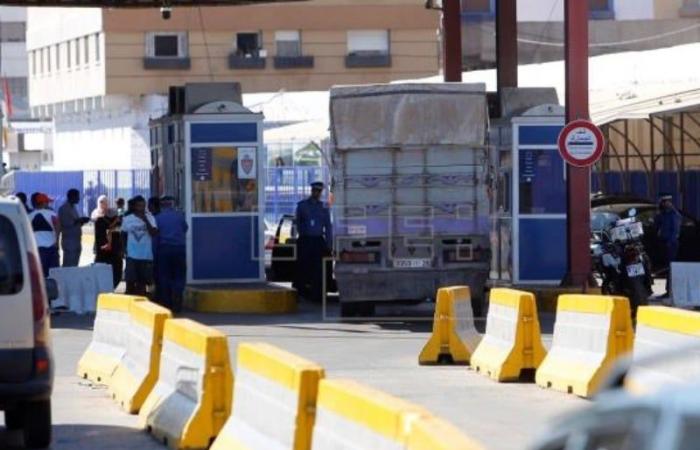The Spanish government has confirmed that Spanish and Moroccan authorities are working together for the reopening of commercial customs in the Presidencia of Melilla. The delegate of the Spanish government in the said city indicated that the work was done for a reopening “as quickly as possible ».
« JI have always said and maintained since the closure of commercial customs in 2018 that this government was going to work to be able to reopen with all the guarantees »declared Thursday the delegate of the Iberian government Sabrina Moh, in front of journalists after having regretted that “unverified information is published in certain media ».
Earlier, professional sources in Melilla told the local press that the Spanish official had contacted several businessmen in the city to inform them of an upcoming change for trade, in particular with the possible reopening of commercial customs in the next few weeks.
“I understand thatOne of the concerns of journalists is to compare information before giving information, because we cannot forget that‘in the end, theinformation is consumed by citizens and that‘at this moment, what‘it generates, itis this continuous uncertainty »declared the official quoted by the Spanish press agency Efe.
“We have always taken measures with the aim of‘obtain a job well done and optimal results, and this will be done gradually untilwhat‘complete normalization is achieved »she said, explaining that a “series of coordinated actions between the two countries” are taken.
She also confirmed that old practices will no longer be the order of the day when trade is restored. Sabrina Moh made particular reference to the trend of “mullet women” as well as smuggling.
The phenomenon of “mullet women” which contravenes the principles of human dignity should be abolished. In this sense, the Spanish government official declared that the new rules will be respectful and adapted to the “21st century ».
The president of Melilla, Juan José Imbroda, of the Popular Party (right), was quick to comment on the information relayed by El Faro de Melilla which announced that the new commercial customs regime which should be implemented would be selective.
Indeed, the media announced that Morocco would send in particular fruits, vegetables and fish and in return would receive locally produced goods chosen in advance according to needs.
The politician said that if this regime were to be established, Melilla would be considered “just another Moroccan city in which we could buy the products that Morocco would like”refusing that the measures be determined by the Kingdom.
He estimated that this regime would not benefit traders in the city of Melilla since“they won’t be able to sell shoes, shirts, books, etc., and yet Morocco will be able to sell products that it can sell, so local businesses won’t benefit at all.”
Note that the real figures and the admission of experts show that the city of Melilla imported more than it consumed and more than its population needed. More than 70% of its imports from Spain were used for export to Morocco, and therefore did not produce much since the city’s traders acted as a link between mainland Spain and Morocco.






